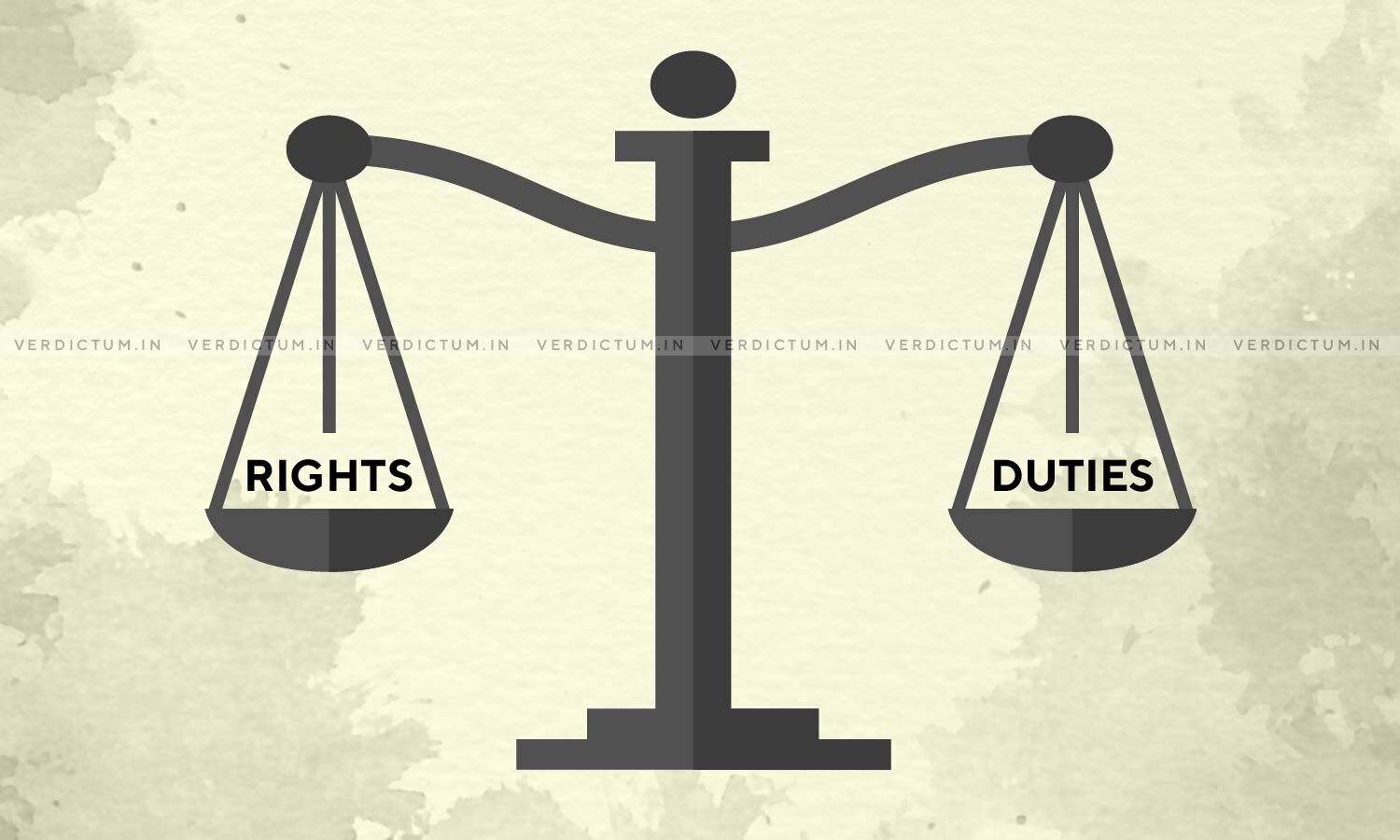
In the realm of relationships, effective communication is the cornerstone of success. Among the many facets of communication, active listening stands out as a powerful tool that can transform the dynamics between individuals. This article explores the profound impact of active listening on relationships, delving into how it fosters trust, empathy, and overall satisfaction.
The Essence of Active Listening

Active listening is a communication strategy that involves hearing what someone says, understanding it, and then reflecting back what was heard. This helps the speaker to know that you are paying attention to them and also gives them an opportunity to correct any misunderstanding. It is a way of communicating that can be used in many different types of relationships, including personal, professional and business relationships. Active listening is important because it helps people understand each other better so they can work together more effectively.
Active listening is defined as “a technique of paraphrasing what another person has said while indicating your understanding and agreement with the content and emotion expressed.” This definition highlights two important features of active listening: paraphrasing what someone has said and showing your understanding by acknowledging the content and emotion in their message.
Passive listening occurs when one person listens to another but does not reflect back what was heard for confirmation or clarification purposes. In contrast, active listening involves paraphrasing (repeating) what you have heard from the other person so that he or she knows that you have understood his or her message correctly.
Building Blocks of Healthy Relationships
Healthy relationships are built on the foundation of mutual respect, understanding, and validation.
Respect and validation are two building blocks that help us develop strong and healthy relationships with our partners, friends, family members, and coworkers. Respect is a crucial component of any relationship because it helps us feel valued and validated as human beings. We all want to feel like we matter to someone else — even if we don’t express it verbally. In addition to being an important ingredient in a healthy relationship, validation is also key for self-esteem.
Validation can be hard to define exactly because there is no single definition that applies to every situation or relationship. However, there are some commonalities among different definitions that can help us understand what it means for our own relationships:
- Validation is about understanding another person’s thoughts and feelings rather than dismissing them or judging them as wrong or inappropriate;
- Validation acknowledges that everyone has unique experiences and perceptions which may differ from our own;
- Validation helps build trust by showing that we respect another person’s opinions even if they differ from our own;
- Validation allows others to feel understood when they share their thoughts and feelings freely;
Conflict Resolution and Minimizing Misunderstandings
We all have conflicts from time to time. Whether you work in a team, or are part of a family, you will encounter people who don’t share your point of view. This can lead to tension and misunderstanding between people.
If you want to resolve conflicts successfully, it is important to understand what causes them in the first place. The most common reason for conflict is miscommunication. This happens when we fail to listen properly or if we don’t take someone else’s perspective into account.
Active listening is one way of preventing these types of misunderstandings and resolving conflicts peacefully. It involves being open and nonjudgmental while others are talking or communicating with you. It also means being prepared to listen without interrupting and without judging what they say or how they say it.
Problem-Solving and Personal Growth
The key to active listening is to understand what people are saying, while they’re saying it. That means you need to pay attention to everything they say, not just the words but also their tone, body language and facial expressions. You should be able to repeat back what they said in your own words so that they know you understand them completely.
This process helps both parties feel heard and understood. It also gives them confidence in you as someone who cares about them enough that you want to understand their point of view completely before responding. This way, even if you disagree with them or don’t like what they’re saying, at least you know where they’re coming from and why they feel that way — which makes it easier for everyone involved to reach an agreement on how best to proceed forward from there.
Trust, Credibility, and Emotional Intimacy

If you’ve ever been in a relationship, you know that trust and emotional intimacy are key to a happy relationship. You may even have a sense of what those things look like in your own relationships.
But do you know how to build trust and emotional intimacy? How can you make them happen in your own relationships? The answer lies in active listening — an essential skill for any relationship. It means paying attention to what the other person is saying, without judgment and with an open mind.
Active listening is the linchpin of any healthy relationship. It’s what allows us to build trust and get closer to one another. When we actively listen, we can truly hear each other without judgment or preconceived notions about what they’re saying or who they are as people. This leads to greater understanding, which helps us connect with one another on a deeper level and strengthens our emotional bond.
Active listening is not merely a communication technique; it is a catalyst for deeper connections, mutual understanding, and a more fulfilling relationship. By embracing this practice, partners can foster trust, empathy, and open communication, ultimately building bonds that withstand the test of time. Remember, it’s not just about hearing, but about truly listening and understanding. Cultivating active listening skills can lead to relationships that thrive and flourish in the long run.
RUCHI RATHOR Founder & CEO
Payomatix Technologies Pvt. Ltd.
FOUNDER AND INVESTOR | PAYMENTS PROCESSING EXPERT | MERCHANT ACCOUNT SOLUTIONS | WHITE LABELLED PAYMENT GATEWAY | Dreamer, Creator, Achiever, Constantly Evolving
Website Ruchi Rathor: https://ruchirathor.com
Website Healing Heart https://thehealingheart.me/
Instagram https://www.instagram.com/ruchirathor/
LinkedIn https://www.linkedin.com/in/ruchirathor12/
Facebook https://www.facebook.com/ruchi.rathor.magnificient
Tumblr https://www.tumblr.com/blog/ruchirathor-thehealingheart
Medium https://medium.com/@ruchirathor_23436









